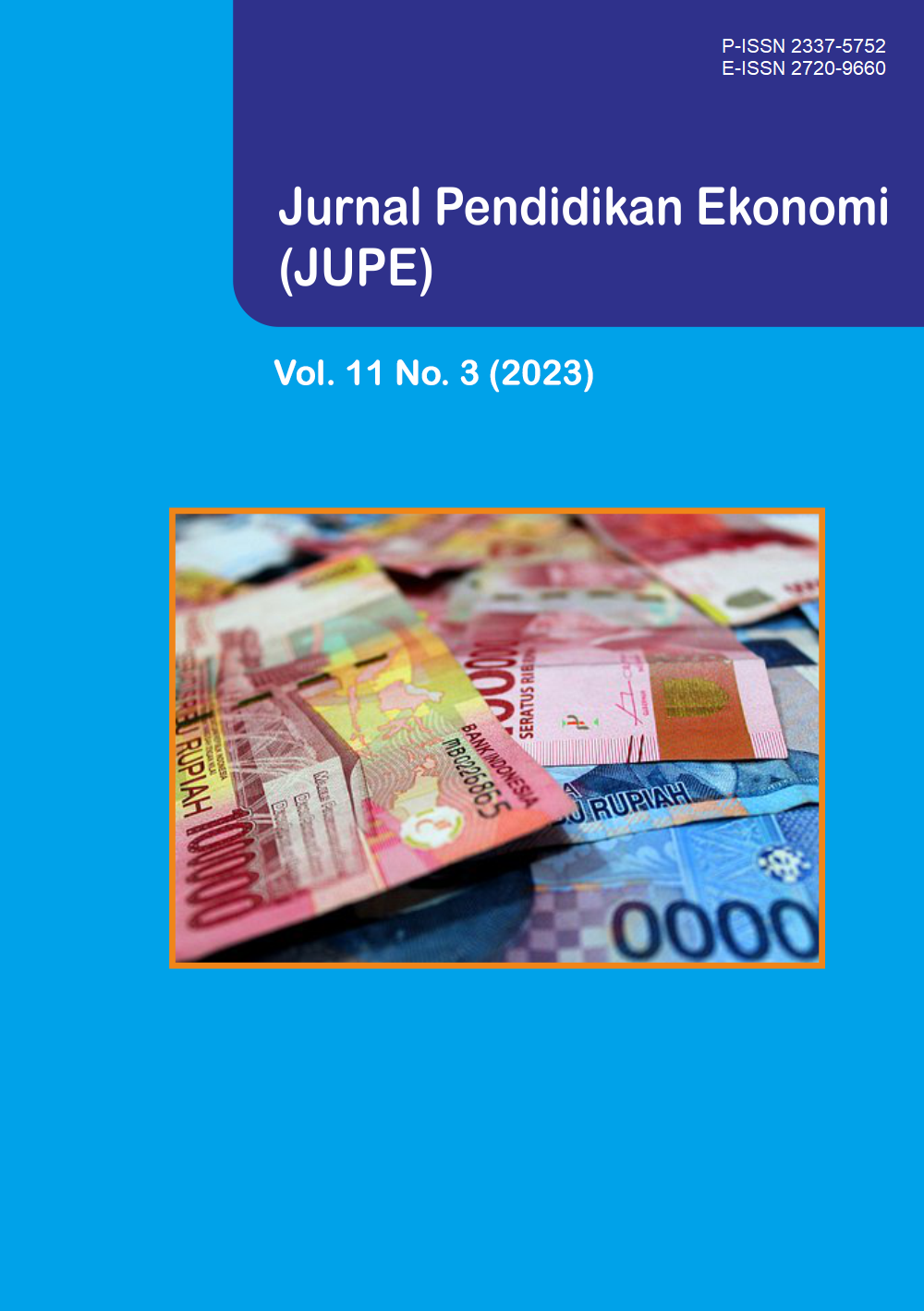Determinan Fraud Prevention Atas Pengelolaan Keuangan Desa (Studi Empiris Pada Seluruh Desa Kabupaten Sidoarjo)
DOI:
https://doi.org/10.26740/jupe.v11n3.p231-242Keywords:
Fraud Prevention, Keuangan Desa, Studi EmpirisAbstract
This study uses apparatus competency variables, internal control systems, and leadership style as moderating variables associated with fraud prevention in the Village Government sector. This study aims to determine the effect of strengthening village apparatus competence on preventing fraud in village financial management, the effect of strengthening the internal control system on preventing fraud in village financial management, the effect of strengthening village apparatus competence and strengthening the internal control system on preventing fraud on village financial management with a leadership style as moderator. This research is a quantitative research using a questionnaire survey method, with primary data sources. The population of this study was 322 villages in Sidoarjo Regency consisting of village heads, village secretaries, and village treasurers/village staff, with a total of 966. The number of samples for this study was 86 respondents. Village samples were taken from each of the 18 sub-districts. in Sidoarjo Regency, using the purposive sampling method. The validity and reliability of the instrument were checked first before the hypothesis was tested. Then, multiple linear regression analysis and moderate regression analysis (MRA) were performed, to find out whether the moderating variable strengthens or weakens the relationship between the independent and dependent variables. The results of this study are as follows: (1) Village Apparatus Competence has no influence on Fraud Prevention in Village Financial Management because the majority of village officials who manage village finances have an educational background that is not by the position they hold. (2) Internal Control has an influence on Fraud Prevention in Village Financial Management. (3) Leadership style does not moderate the influence of village apparatus competence on preventing fraud in village financial management, because the majority of village heads as financial managers do not have clear goals in managing village finances based solely on the direction of one of the dominant instruments. (4) Leadership style moderates the effect of internal control on preventing fraud in village financial management.
Downloads
Downloads
Published
How to Cite
Issue
Section
License
Copyright
- Authors retain copyright and grant the journal right of first publication with the work simultaneously licensed under a Creative Commons Attribution License that allows others to share the work with an acknowledgment of the work's authorship and initial publication in this journal.
 Abstract views: 222
,
Abstract views: 222
, PDF Downloads: 270
PDF Downloads: 270











